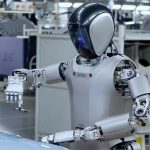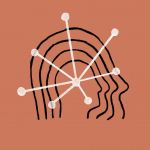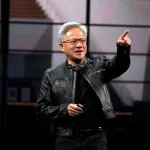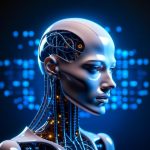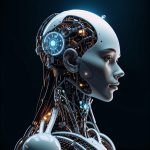Who will AI replace: from call center workers to company directors
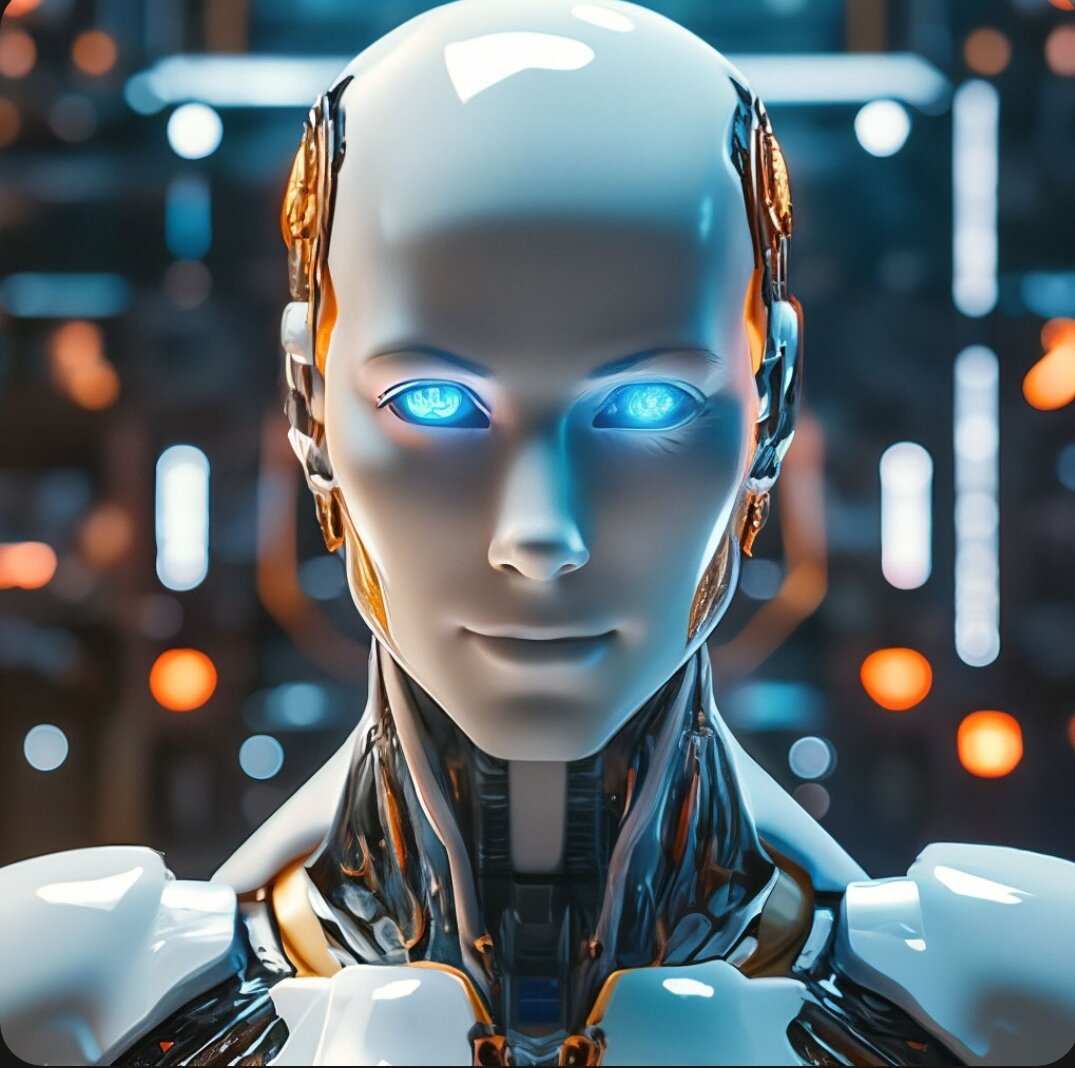
Modern artificial intelligence models are rapidly transforming the labor market, ranking among the world’s top 200 programmers, publishing scientific articles, and surpassing the knowledge of university graduates. But despite rapid progress, there is a certain threshold – models cannot yet act completely autonomously, make fundamentally new scientific discoveries, or coordinate large-scale actions.
Researcher Jason Hausenloy proposes a simple criterion for profession vulnerability. Your job is subject to automation to the extent that the simplest independent task in it is short. For example, call center workers perform tasks lasting from 10 to 20 minutes. Which makes their positions extremely vulnerable. Freelancers, legal assistants, and journalists are in a similar position. Everyone whose tasks are simple, performed quickly, and do not require years of experience.
On the other hand, leadership positions are more difficult to automate. Even if a director’s workday is divided into half-hour activities, each task requires years of experience and contextual understanding. Which machines are not yet able to reproduce.
In addition to the main criterion, there are additional risk factors for automation. Availability of data on task performance. The human factor that determines the value of human execution specifically. The trust factor, when people prefer that important decisions be made by humans. And the possibility of remote work – the easier it is to organize, the higher the risk of automation.
Among professions with low risk of replacement are Hollywood actors due to their social influence, teachers and psychologists, where human contact is critically important, physical labor specialists like plumbers and electricians, as well as senior executives, whose work requires the integration of extensive experience and making complex decisions.

